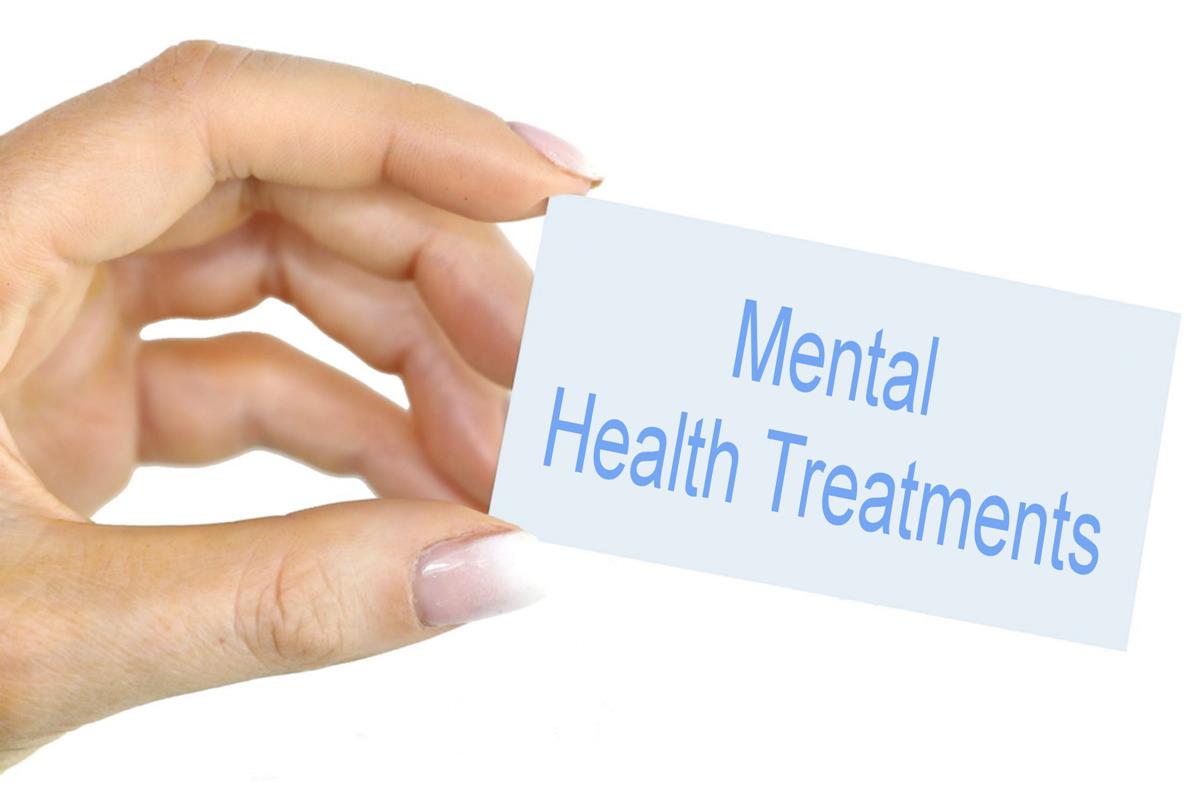How Fitness Helps with Mental Health – Physical exercise has always been considered an essential element of a healthy lifestyle. However, it is not just limited to physical health; fitness has a significant impact on mental health as well. In recent years, research has highlighted the link between exercise and mental health. Fitness can be a natural and effective way to improve mood, reduce anxiety and depression, and enhance overall mental well-being. In this article, we will explore the different ways fitness helps with mental health.
Understanding the Connection between Fitness and Mental Health
Mental health is a complex issue that can be influenced by several factors, including genetics, environment, and lifestyle choices. Research has shown that regular exercise can be beneficial for mental health as it triggers the release of feel-good hormones in the brain, such as endorphins, serotonin, and dopamine.
Physical Exercise Reduces Stress and Anxiety
Stress and anxiety are common mental health issues that affect millions of people worldwide. Exercise can be a powerful tool to manage these issues. Physical activity helps to reduce the production of stress hormones and increase the production of endorphins, which help to reduce anxiety and improve mood. Moreover, exercise can be a great way to distract oneself from negative thoughts and provide a sense of accomplishment.
Fitness Improves Cognitive Functioning
Several studies have suggested that physical activity can improve cognitive functioning, such as memory, attention, and decision-making abilities. Exercise helps to increase blood flow and oxygen to the brain, which results in better cognitive functioning. Moreover, regular exercise can help to reduce the risk of developing age-related cognitive disorders such as Alzheimer’s disease.
Exercise Boosts Self-Esteem and Confidence
Low self-esteem and confidence are common issues that can contribute to mental health problems such as depression and anxiety. Exercise can help to improve self-esteem and confidence by providing a sense of accomplishment and enhancing one’s physical appearance. Moreover, participating in physical activity can help individuals to feel more in control of their lives, which can also boost confidence.
Fitness Helps with Sleep
Sleep is an essential element of mental and physical health. Lack of sleep can contribute to several mental health issues such as anxiety and depression. Exercise can help to improve sleep quality by reducing stress and anxiety levels and regulating the sleep-wake cycle. Furthermore, regular exercise can help individuals feel more energized during the day, which can improve productivity and overall well-being.
Fitness Provides Social Interaction
Social interaction is a critical element of mental health. Exercise can provide opportunities for individuals to socialize and interact with others, which can help to reduce feelings of loneliness and isolation. Furthermore, participating in group exercise classes or sports teams can provide a sense of community and support, which can improve mental well-being.
How to Incorporate Fitness into Daily Life
Incorporating fitness into daily life can be challenging, especially for individuals with busy schedules. However, there are several ways to include physical activity into daily routines. Some suggestions include taking the stairs instead of the elevator, going for a walk during lunch breaks, or participating in a group fitness class. It is essential to find an activity that is enjoyable to maintain consistency and motivation.
The Bottom Line
In conclusion, regular exercise can have a positive impact on mental health. Physical activity can reduce stress and anxiety, improve cognitive functioning, boost self-esteem and confidence, improve sleep quality, and provide opportunities for social interaction. Incorporating fitness into daily life can be a natural and effective way to improve mental well-being.
FAQs
Q1. How often should I exercise to see improvements in mental health?
Ans. It is recommended to exercise for at least 30 minutes a day, five days a week to see improvements in mental health.
Q2. Can exercising outdoors be more beneficial for mental health than exercising indoors?
Ans. There is some evidence to suggest that exercising outdoors can have additional mental health benefits due to exposure to natural light and green spaces. However, the most important factor is finding an exercise routine that is enjoyable and sustainable.
Q3. Can fitness be used as a replacement for therapy or medication for mental health issues?
Ans. No, fitness should not be used as a replacement for therapy or medication for mental health issues. However, it can be used as a complementary treatment to improve mental well-being.
Q4. Is there a specific type of exercise that is best for mental health?
Ans. No, any type of physical activity can have mental health benefits. It is important to find an activity that is enjoyable and sustainable.
Q5. Can fitness improve mental health for people of all ages?
Ans. Yes, fitness can improve mental health for people of all ages. Regular exercise has been shown to have positive effects on mental well-being in children, adolescents, adults, and older adults.




